We are a leading coffee company specializing in private label solutions and wholesale coffee distribution. With a global reach, we provide tailored services to clients around the world. Whether you’re seeking whole beans, ground coffee, capsules, tens, pods, or any other coffee-related products, we have you covered. Our expertise in private label allows us to create customized coffee blends that reflect your brand’s unique identity. From selecting the finest beans to roasting and packaging, our team ensures the highest quality at every step. As a wholesale supplier, we offer competitive pricing and flexible quantities to meet your business needs. With our extensive network of coffee growers and suppliers, we guarantee a consistent supply of premium beans from various origins. Partnering with us means gaining access to a wide range of coffee options and exceptional customer service. Whether you’re a coffee shop, hotel, restaurant, or retail brand, we can help you elevate your coffee offerings and stand out in the market. Contact us today to explore how our private label solutions and wholesale coffee can enhance your business’s success.
Creating your own coffee brand through private label coffee offers a unique opportunity to stand out in the competitive coffee market. By leveraging existing coffee products with your branding and customizations, you can build a distinct identity and cater to a specific target audience. However, there are several key factors you should take into account to ensure a successful venture.
1. Market Research: Conduct thorough market research to identify your target audience, understand their preferences, and gauge the demand for your private label coffee. Analyze competitors to find gaps in the market that your brand can fill.
2. Quality Coffee Beans: The foundation of a great coffee brand lies in the quality of the beans used. Partner with reputable coffee bean suppliers who source beans from different regions and offer a variety of blends and single-origin options.
3. Brand Identity: Develop a compelling brand identity that reflects your unique selling proposition (USP). Choose a catchy name, design an appealing logo, and create attractive packaging that stands out on the shelves.
4. Customization and Innovation: Differentiate your private label coffee by offering customization options like flavor profiles, roast levels, and packaging sizes. Additionally, consider innovative brewing methods or unique coffee-based products to captivate your customers.
5. Compliance and Certifications: Ensure that your coffee meets all the necessary food safety standards and certifications. Being compliant with organic, Fair Trade, or Rainforest Alliance certifications can appeal to ethically conscious consumers.
6. Packaging and Labeling: Opt for eco-friendly and visually appealing packaging that aligns with your brand’s image. Include clear and informative labeling with details like bean origin, roast date, brewing instructions, and any certifications.
7. Pricing Strategy: Set competitive and reasonable prices that reflect the quality and positioning of your private label coffee. Consider the cost of production, marketing, and distribution when determining the final retail price.
8. Distribution Channels: Plan your distribution strategy carefully, choosing the right mix of online and offline sales channels. Consider partnering with local cafes, specialty stores, and e-commerce platforms to reach a broader customer base.
9. Marketing and Promotion: Create a robust marketing plan to generate brand awareness and attract potential customers. Utilize social media, influencer marketing, coffee tastings, and partnerships to boost visibility.
10. Customer Support: Excellent customer service is essential for brand loyalty and word-of-mouth promotion. Engage with your customers, respond to their feedback, and make improvements based on their preferences.
11. Testing and Feedback: Conduct taste tests and gather feedback from a diverse group of consumers to refine your coffee blends and offerings. Continuously improve your products based on this feedback.
12. Sustainability and Ethical Sourcing: Emphasize sustainability in your supply chain and communicate your commitment to ethical sourcing. This resonates with environmentally conscious consumers and helps build a positive brand image.
In conclusion, launching a private label coffee brand requires meticulous planning, attention to quality, and a strong understanding of your target market. By incorporating these essential factors into your business strategy, you can create a successful and sustainable coffee brand that delights coffee enthusiasts and sets you apart from the competition.
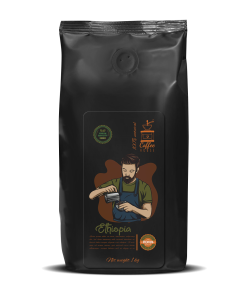
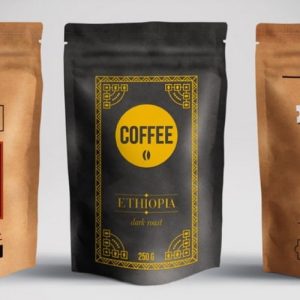
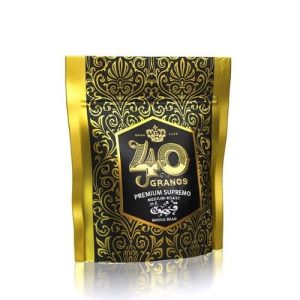
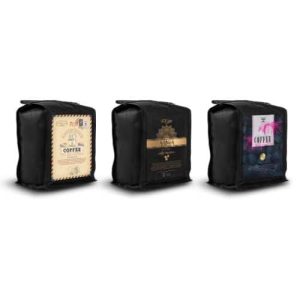
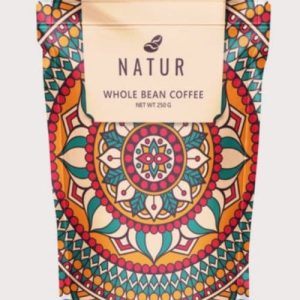
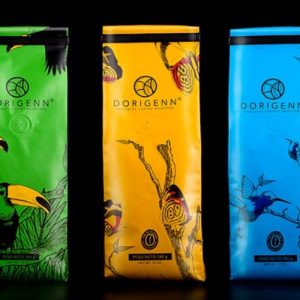
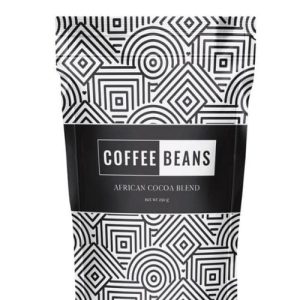
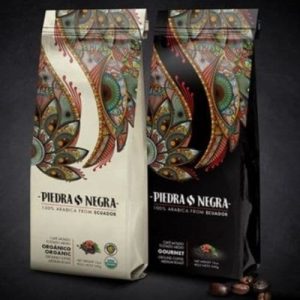
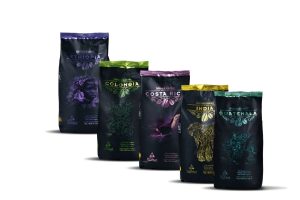
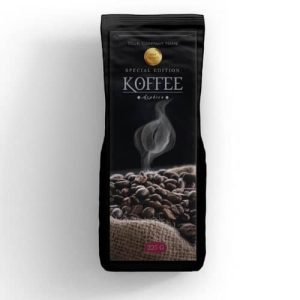
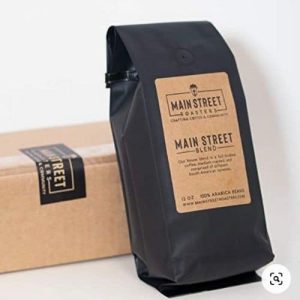
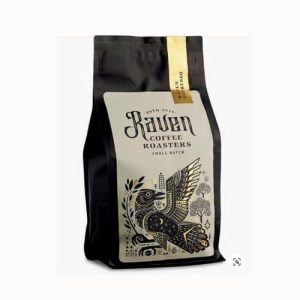
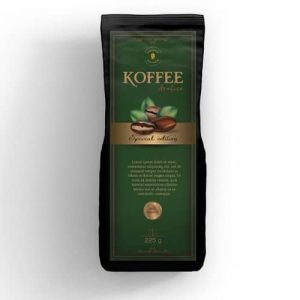
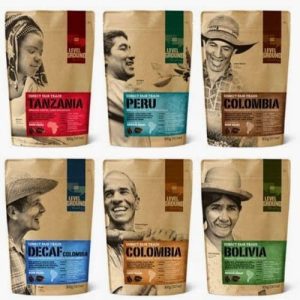
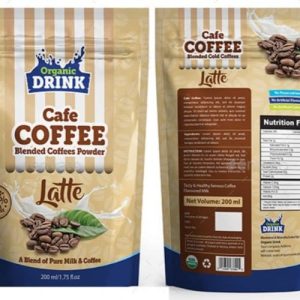
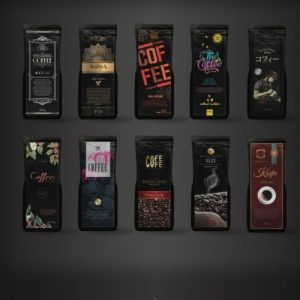
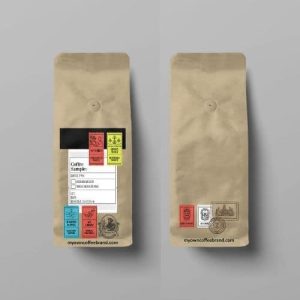
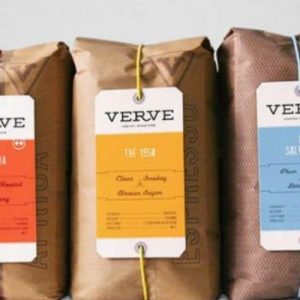
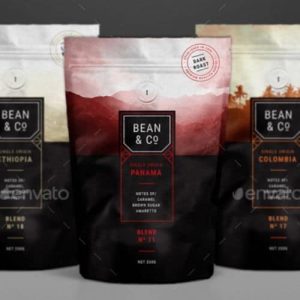
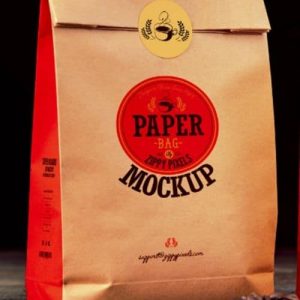
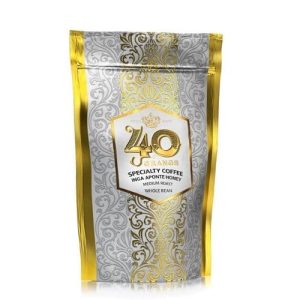

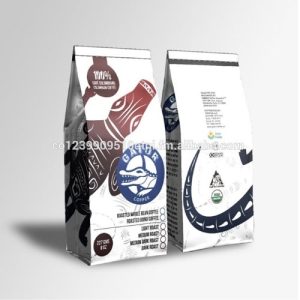
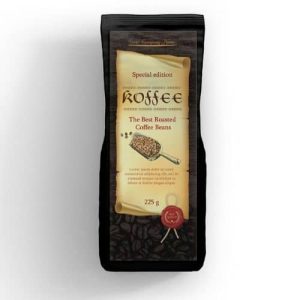
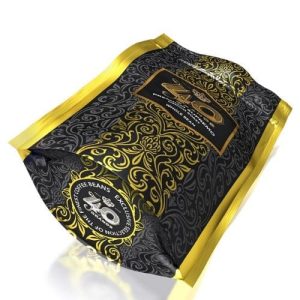
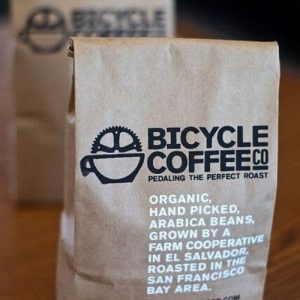
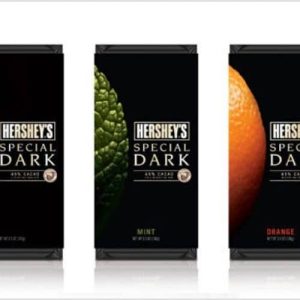
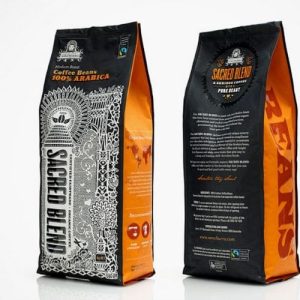
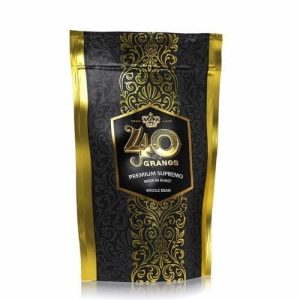
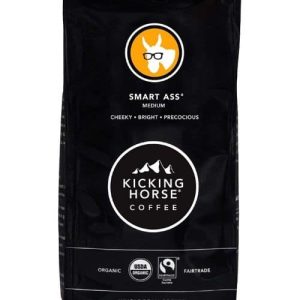
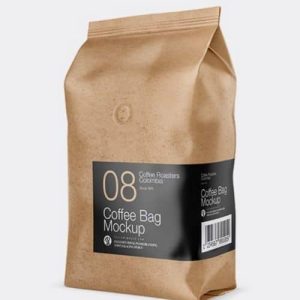
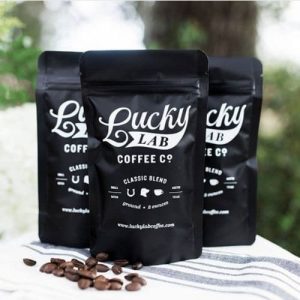
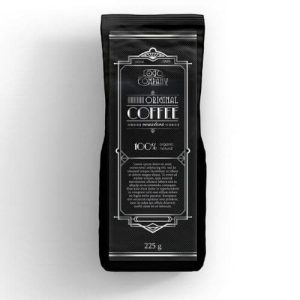
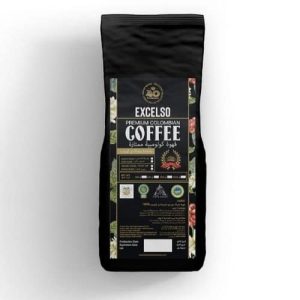
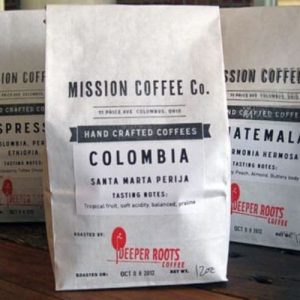
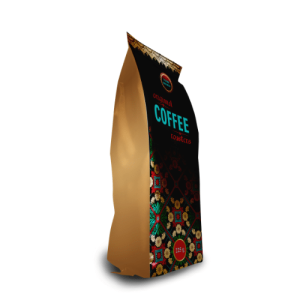
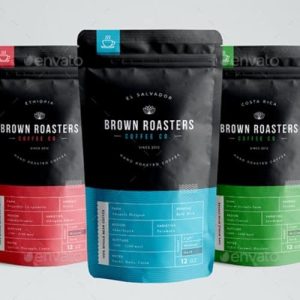
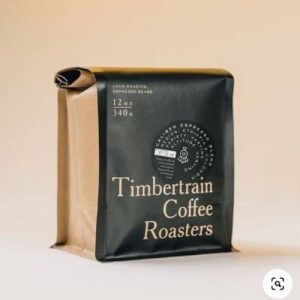
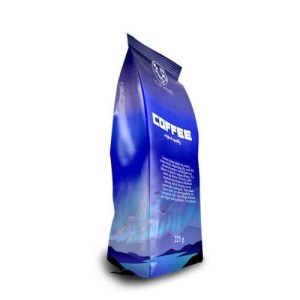
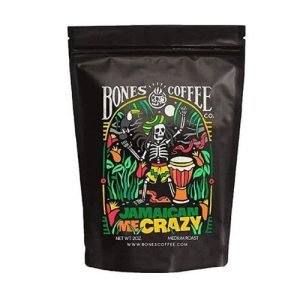
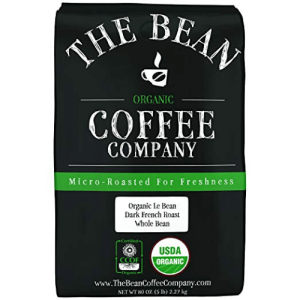
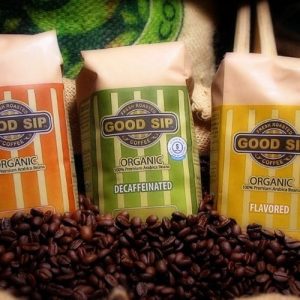
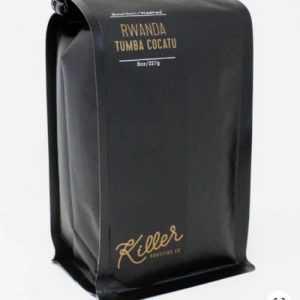
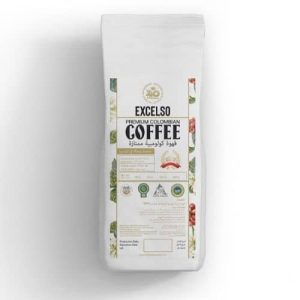
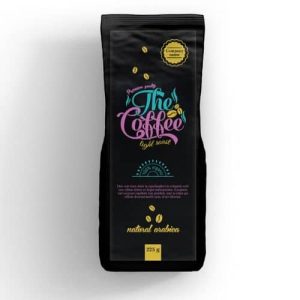
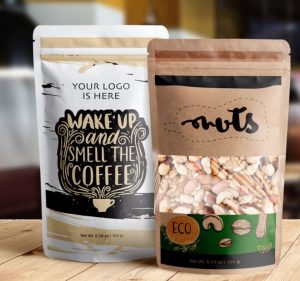
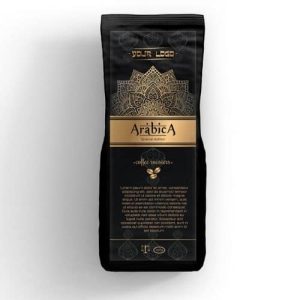
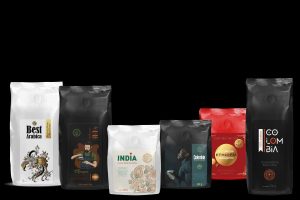
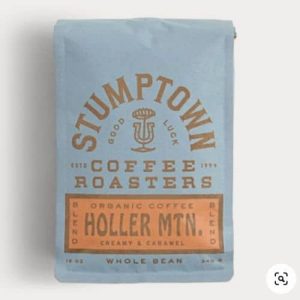
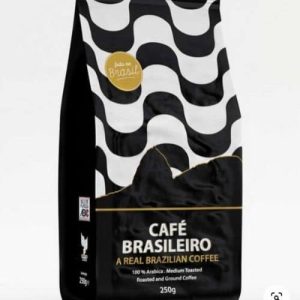
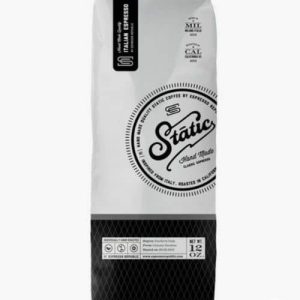
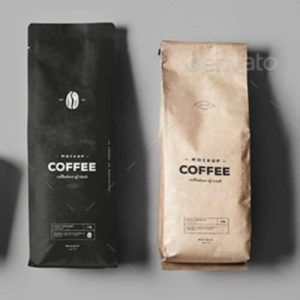
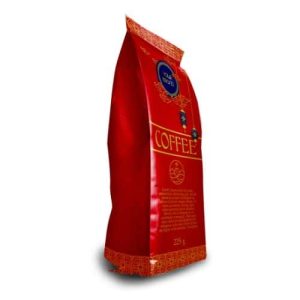
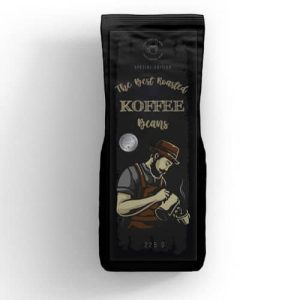
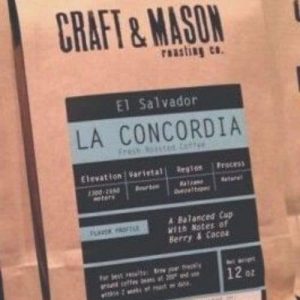
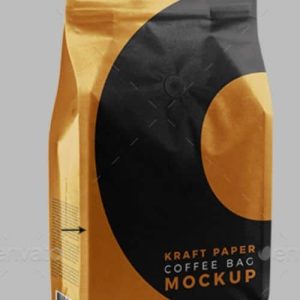
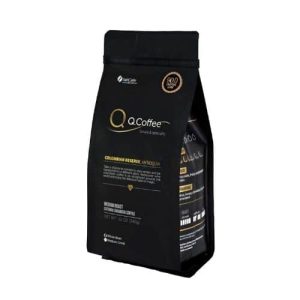
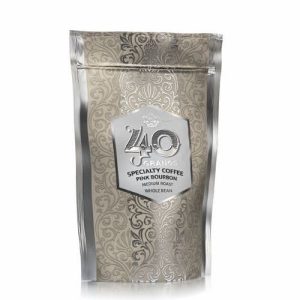
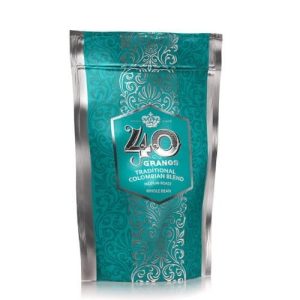

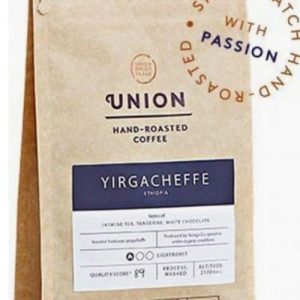

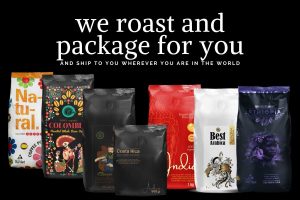
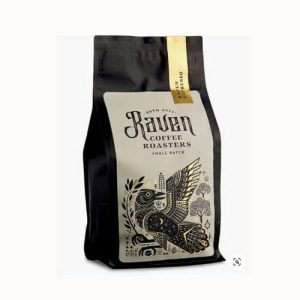
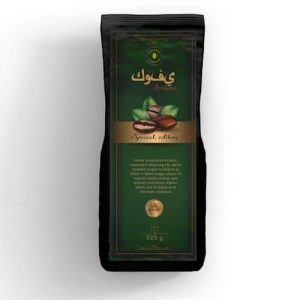
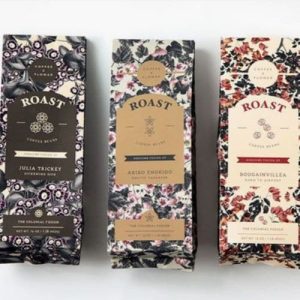
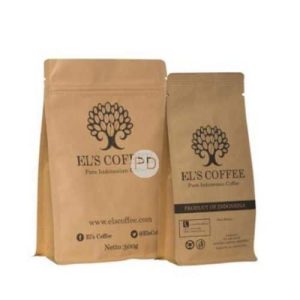

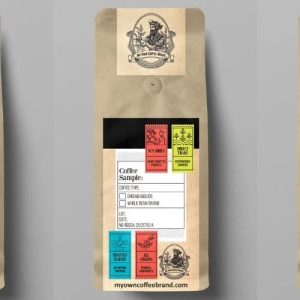
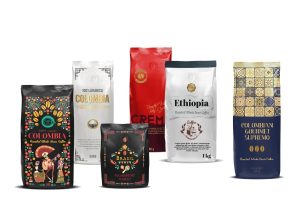
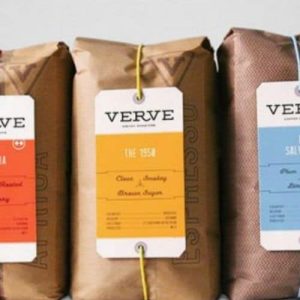
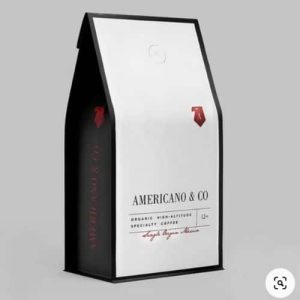
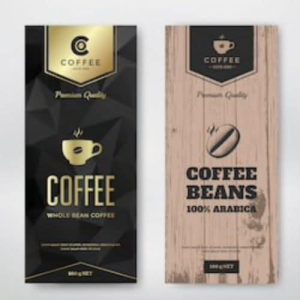
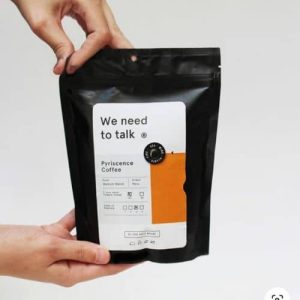


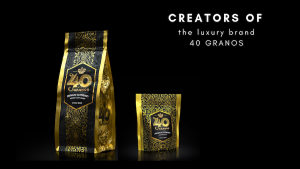
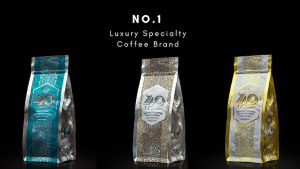
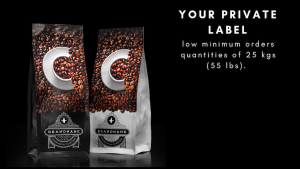
Copyright 2023 © Wholesalecoffeesuppliers.co
Direct from Coffee Factory to Client